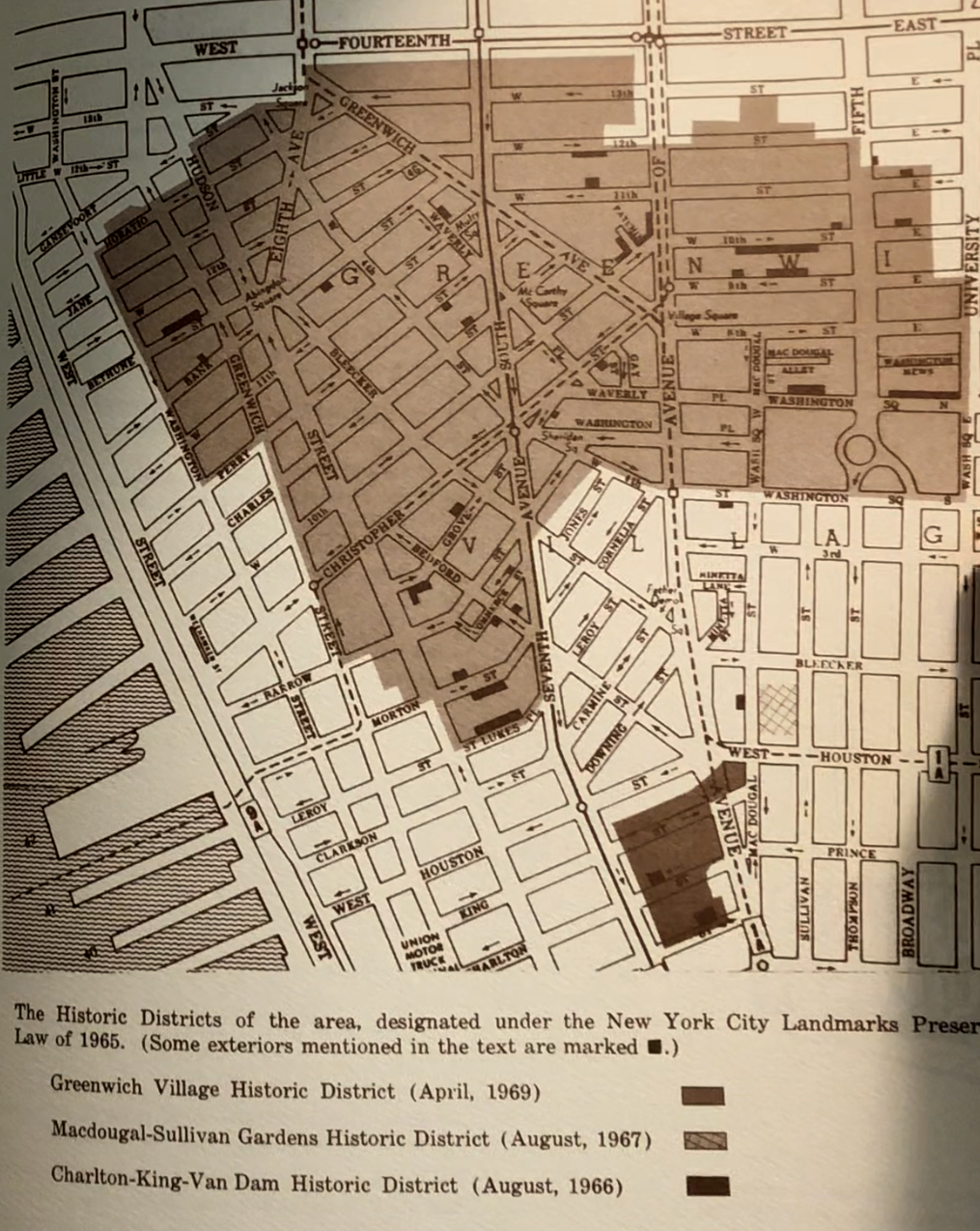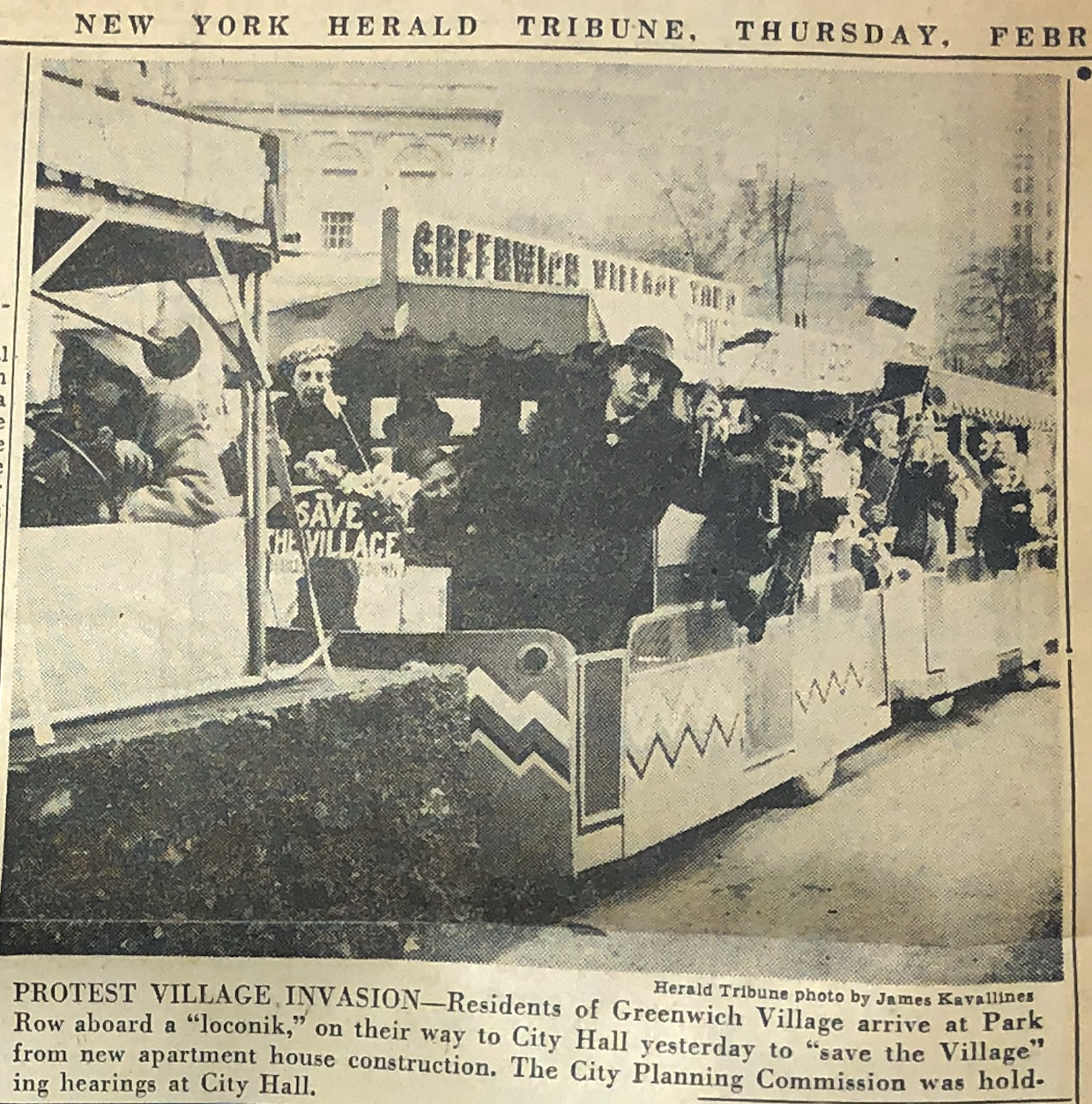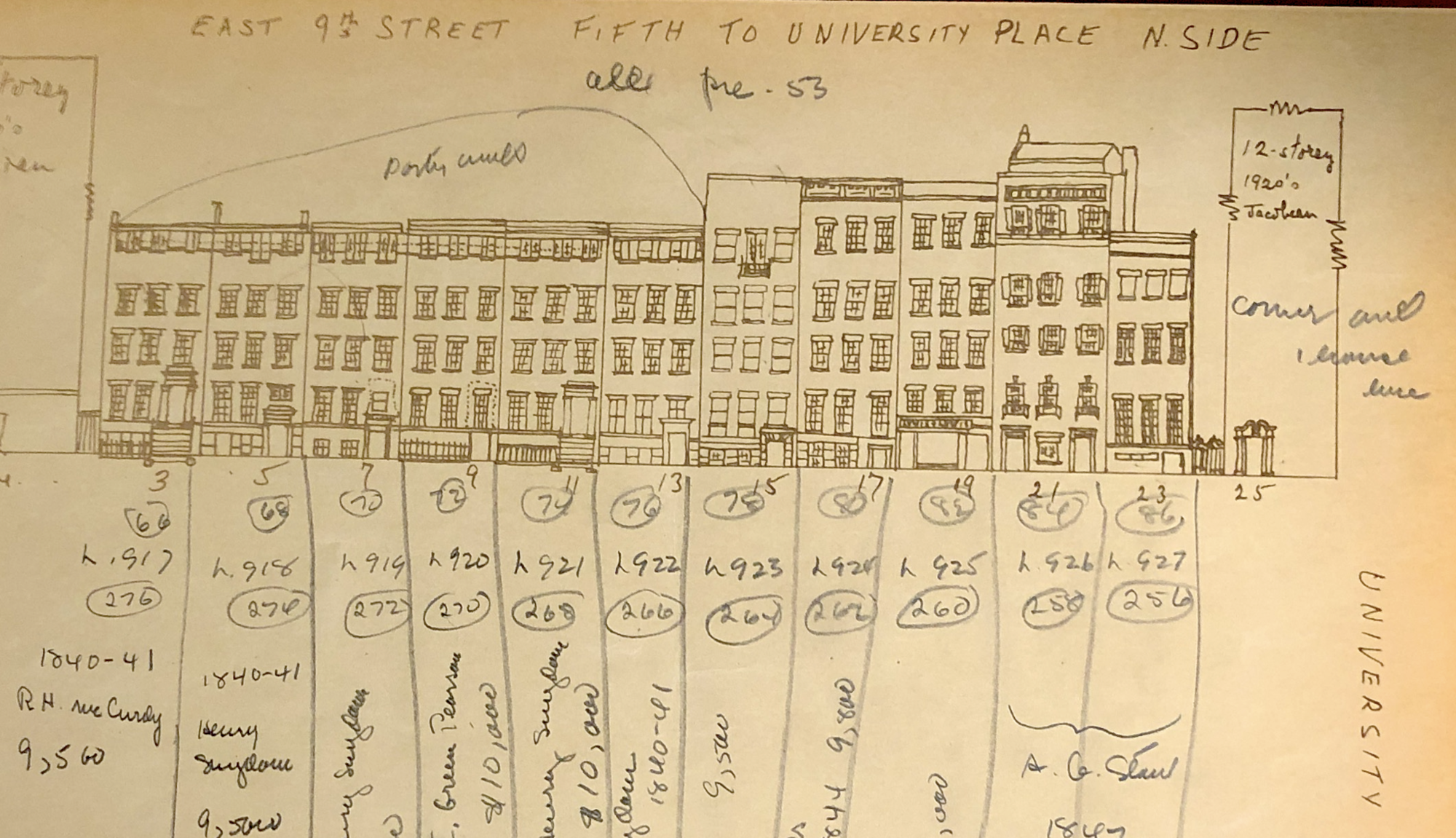


“Cities of Amber: Antigrowth Politics and the Making of Modern Liberalism, 1950–2008” is a study of the complex political movement that emerged in wealthy American cities against urban growth in the last decades of the twentieth century. In offering a novel way of thinking about the relationship between liberalism and cities’ physical expansion, this “growth revolt” played a major role in the post-sixties evolution of the Democratic Party itself, helping move the American left toward a new focus on decentralized decision-making, neighborhood stability, and environmental and historic preservation as means of effecting social progress. Ultimately, the desirability of urban growth became not just an important issue that liberal cities and suburbs debate to this day, but also emerged as a central question through which Democratic voters and politicians alike came to articulate their political identities.
To read the full report "Cities of Amber: Antigrowth Politics and the Making of Modern Liberalism, 1950–2008," click here.
Researcher: Jacob Anbinder
| hmui_grant_report_jacob_anbinder.pdf | 97 KB |